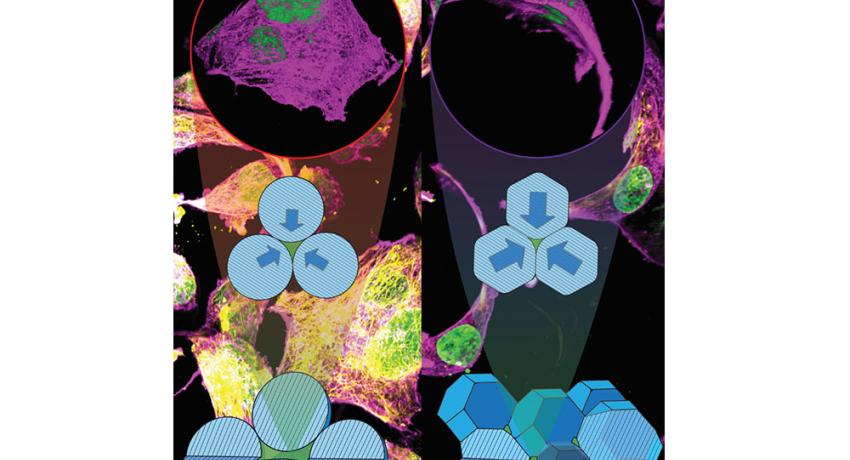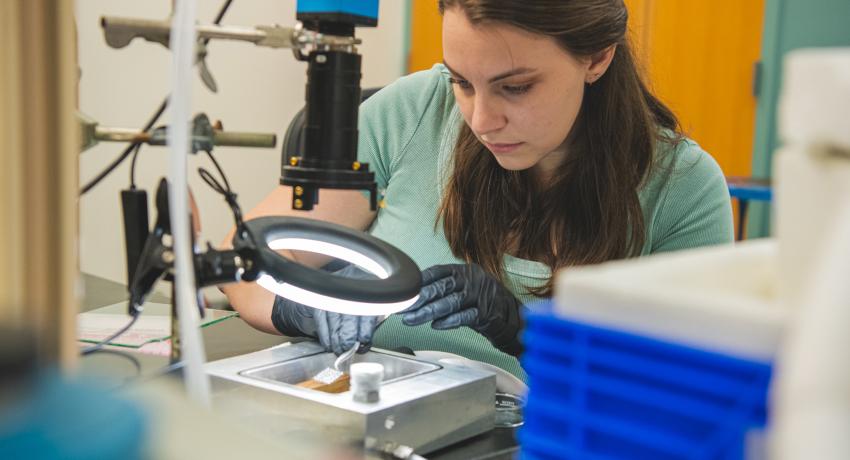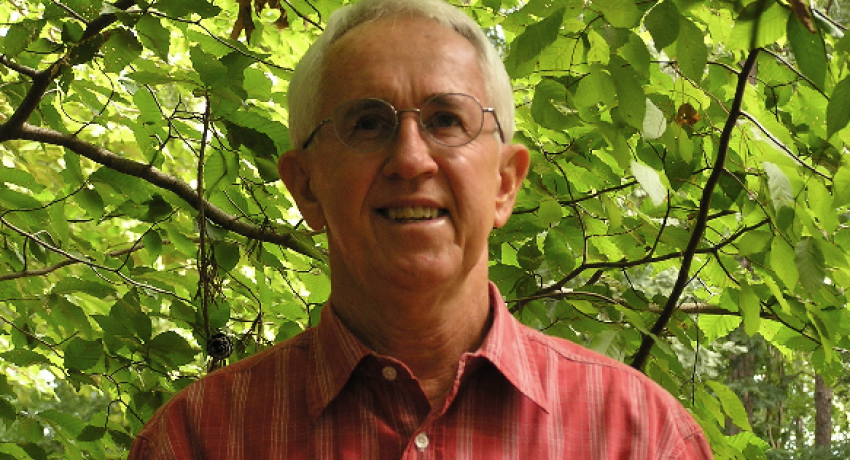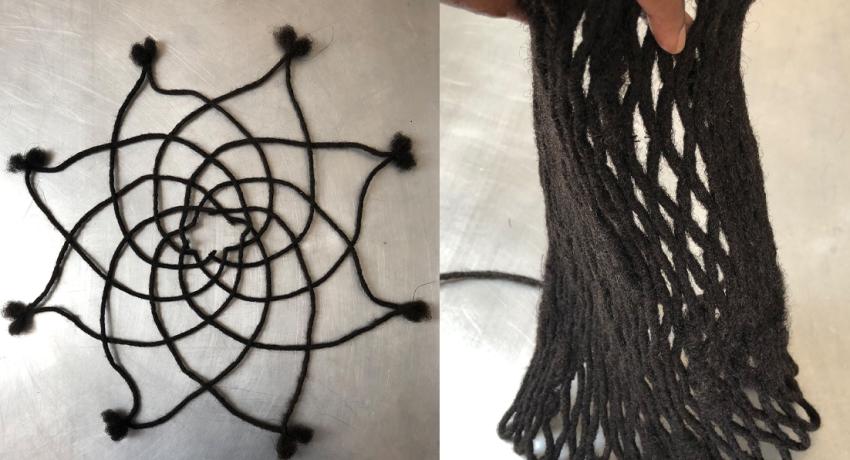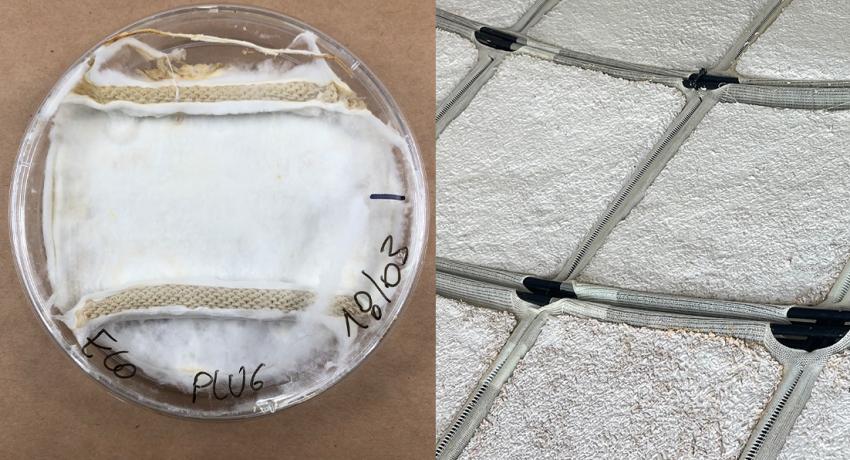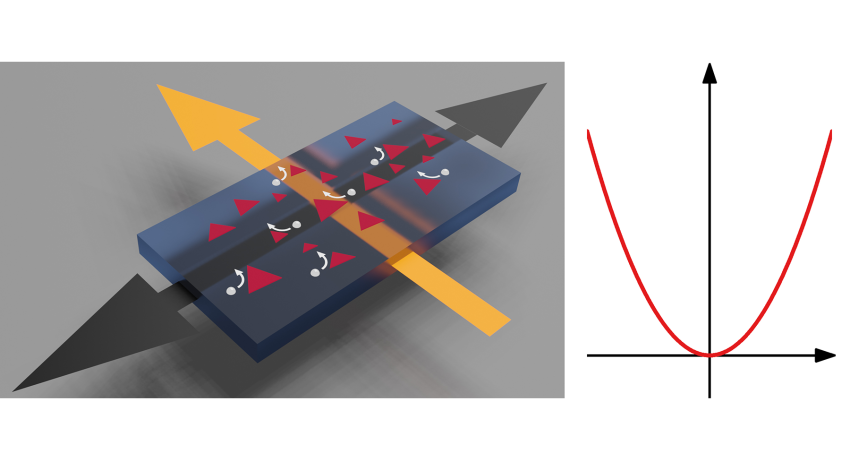Squishy microgels in granular biomaterials confine and direct cell behavior
A simple biomaterial-based strategy that can influence the behavior of cells could pave the way for more effective medical treatments such as wound healing, cancer therapy and even organ regeneration, according to a research team at Penn State.

